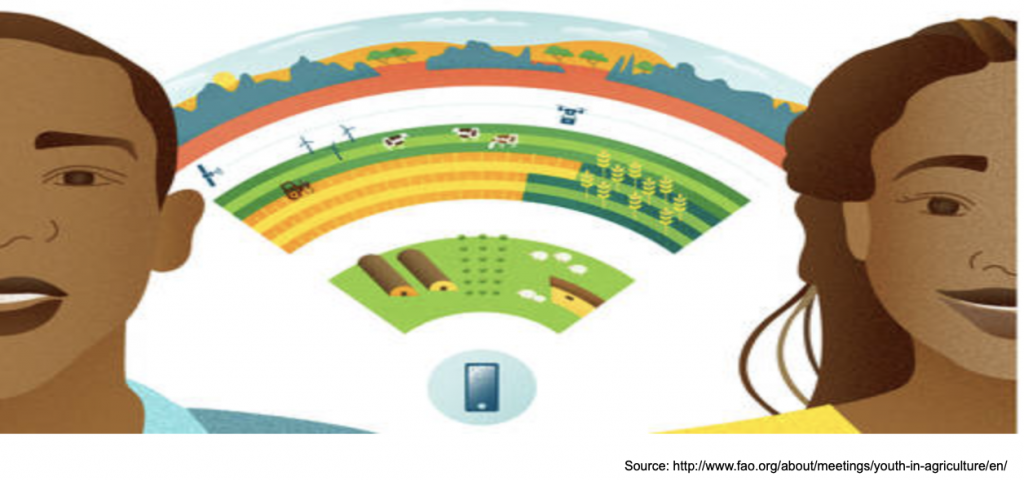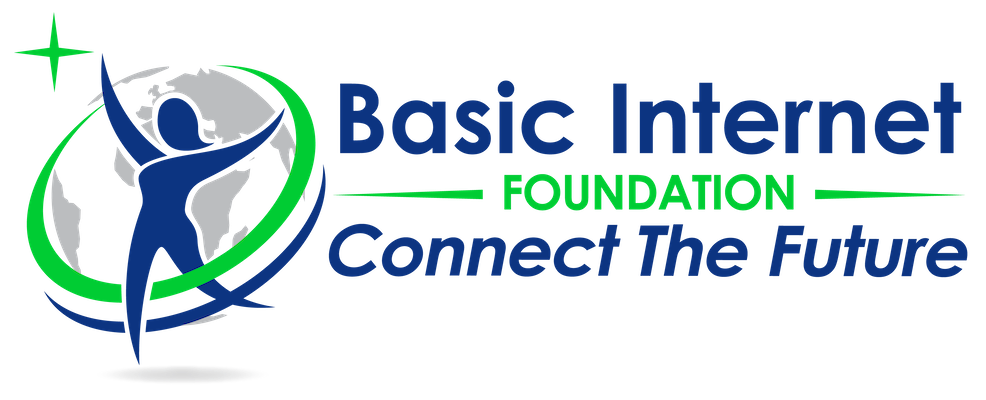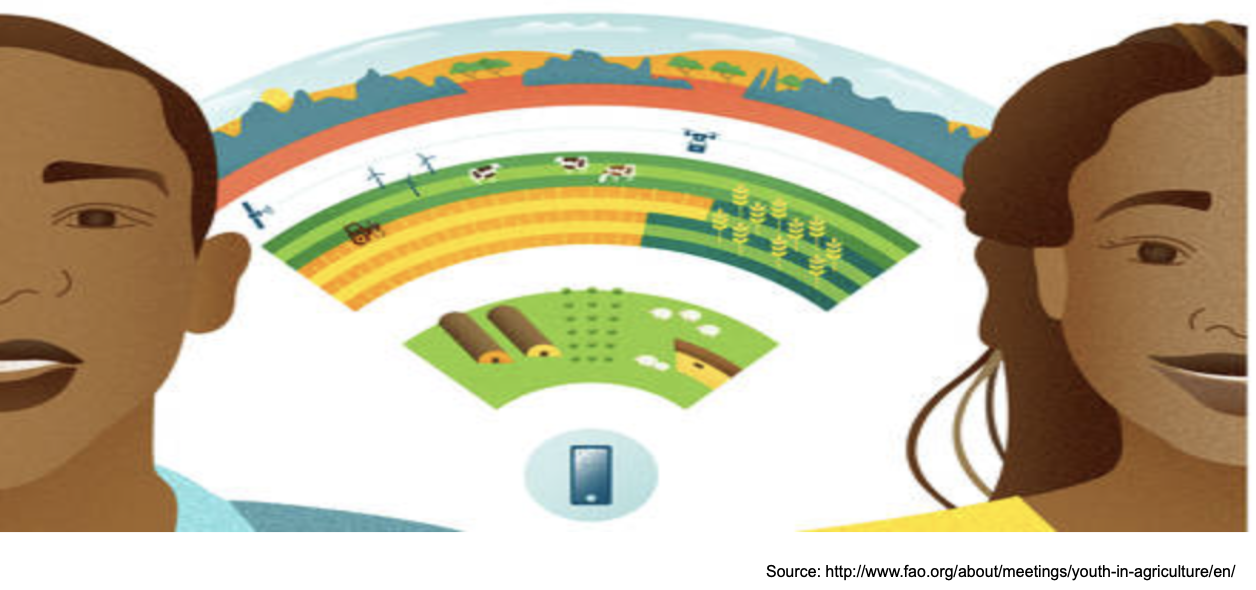
With the highest portion of entrepreneurial women in Africa of 18%, surpassing all the other continents, women are forming the major force for empowering the development wheel. In the Global South, female entrepreneurship is concentrated on two aspects a) health and medical issues, and b) women job creation. Enabling and empowering women businesses lead to higher level of digital participation, social welfare domestically and subsequently preferable health. Taking the other direction around, evolving the health sector definitely facilitates the women entrepreneurship as it the catalyst to introduce new products and services.
Furthermore, motivating more women to get involved in the political process and encouraging them to higher political positions will ensure that their voices are heard and appropriate new policies are formulated and enacted, and bridge the existing digital gender gap. Empowering women could smoothly achieved by enhancing the domestic women entrepreneurship within the societies, but mainly entrepreneurship needs the digital inclusion or digital access.
What we all have seen that more and more jobs are related to digital economies or include elements of digital economies such as micro-payments and so on so forth. Thus the SDG Target 9.C ''Significantly increase access to information and communications technology and strive to provide universal and affordable access to the Internet in least developed countries by 2020'' and Target 16.10 ''Ensure public access to information and protect fundamental freedoms. . . '' are essential in achieving the goals of female entrepreneurship and will be supportive. The question on how to include women in the digital economy in order to foster entrepreneurship has been the bases for scientific work in the area which concluded with the claim for the free access to information.
Figure 1: Internet Lite for all, addressing Target 9.C and Target 16.10, as catalyst for the SDGs
The suggestion coming out from a range of partners is to build an information spots with free access to information in each village, DigI Project. Free access to information is provided through information spot is one of the inputs suggested for the United Nations High Level Panel and jointly submitted by the University of Oslo, The Basic Internet Foundation, Centre for Global Health, Orange, and their partners. Such an information spot will directly address the SDGs target 8.C in providing the local entrepreneurial platform that serves the innovation within the society in rural regions with focus on women empowering. In addition, it has the ability to provide health and education information, and also supports information about the human rights as claimed by the United Nation in their work on the human rights in the digital age, UNOG.
The concept of free access to information was introduced by the Basic Internet Foundation as the preliminary vision of the project, Non-discrimination. The Foundation has established the vision “Internet right for all”, the free access to information, and the premium access to broadband services. Such information spots are currently deployed as a part of the “Non-discriminating access” in rural Tanzania. Though the focus in Tanzania is first of all on digital health, we have seen the potential for educational, agriculture, and business information flow. For the business part, we have already analysed the impact of the framework for entrepreneurship specifically women in developing economies, we call the concept “EntrepNet”.
There are many primary jobs that under focus such like food manufacturing and sale, women grow 70% of Africś food, drinking water production, worldwide, 1 of 5 death of children under 5 is due to a water related disease, Husbandry, green grocery, garment and accessories, … etc. In addition, a lots of other jobs opportunities will manifest when the basic building rocks are in place. As an example, we see entrepreneurial need for basic businesses/ services and then on the top of these services there are enormous entrepreneurial opportunities including, for instance, call centre, money transfer, fridges, rental storage, … etc.
Bringing information in the villages, adding energy, and empowering health are the crucial three corner stones on which educational entrepreneurship will grow. The first steps on the suggested entrepreneurial platform are to empower female on business opportunities on novel business ideas.
Digital inclusion is the core for business empowerment an needs specially to be tailed towards women in developing economies as they are already per today the main contributors to societal development. The promoted information spot per village with free access to the basic information is seen as the building blocks for societal development together with energy, and health. We suggest a join forces for entrepreneurial package “EntrepNet” helping women to search for business opportunities, and evolve communities.


Recent Comments